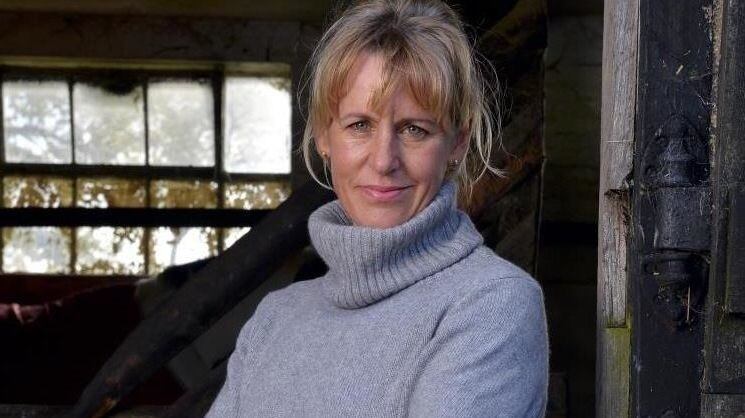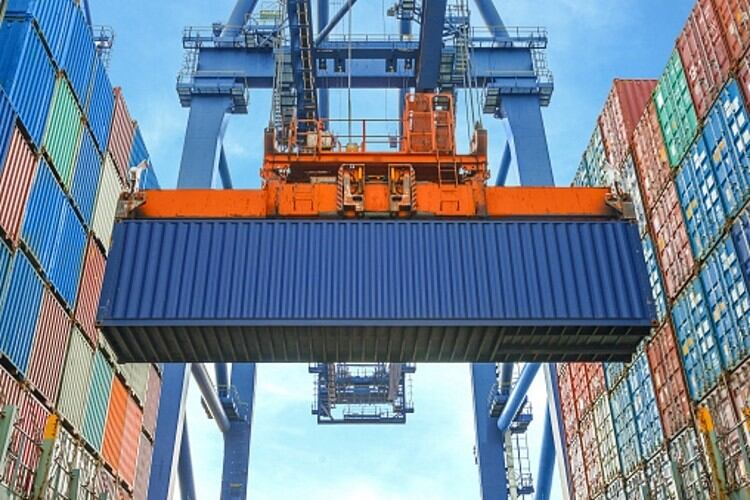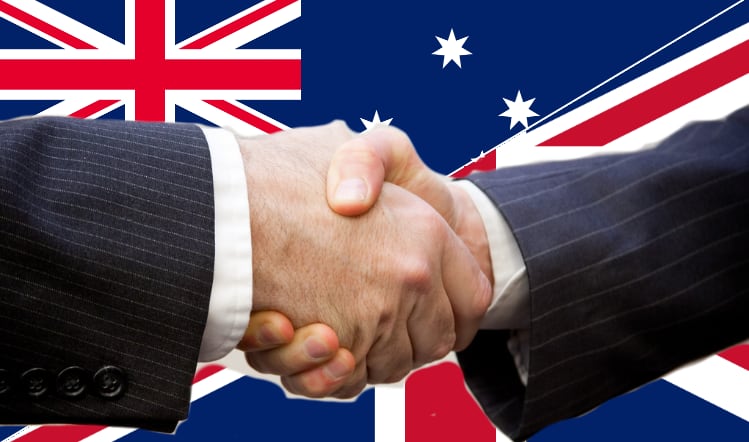The NFU has made the call in a new export strategy in which it identified a raft of actions and recommendations that it said would enhance the industry’s export performance and add value through selling more British dairy products abroad.
The strategy called for Government investment, in partnership with the industry, to drive dairy exports through trade deals, agriculture counsellors, and market development. It also suggested that the Government and industry collaborate to form a new Dairy Export Taskforce to focus on dairy exports. It also wanted to encourage investment in domestic processing capacity to take advantage of new markets.
To help double the value of dairy exports the strategy also called for there to be a stable regulatory environment for dairy farmers and it wanted an increased focus to build on existing work by the Agriculture and Horticulture Development Board (AHDB) and Red Tractor on dairy exports and market development.
Ambitious and innovative
“The British dairy industry is an ambitious and innovative one, producing food such as milk, cheese, yogurt, & butter to some of the world’s highest animal welfare and environmental standards,” said NFU dairy board chairman Michael Oakes.
“We have developed a fantastic reputation around the world for quality and already export over £1.6bn worth of dairy products to more than 135 countries across Europe, North America, Asia and the Middle East.”
He said that following a spell of uncertainty for dairy farmers which have faced market volatility with the country’s exit from the EU, and the Covid-19 pandemic, “the time is right to take a fresh look at our exporting opportunities.”
“In particular, we are calling on government to work with the dairy industry to set up a new Dairy Export Taskforce, whose sole purpose would be to grow dairy exports and investigate the recommendations outlined in this report,” he added.
Crucial time
“There’s no doubt we are at a crucial time for British farming, as the government seeks to do free trade deals with countries around the world. The strategy also makes clear the importance of the British dairy brand on the global stage not being undermined by trade deals that allow imports of dairy products that fail to meet our own sector’s high standards of food safety, animal welfare and environmental protection.”
The news comes as the NFU also published a report calling for a commitment from government that Britain’s food production will not slip below its current level of 60% self-sufficiency, alongside greater ambition in promoting British food at home and abroad to aid food security.
The NFU has asked for the government to complete a comprehensive report on UK food security later this year, covering the country’s production of key foods and its contribution to global food security.
The report also showcases how the UK can reduce its reliance on food imports by harnessing the growth opportunities for different home-grown foods and increasing British sourcing in public procurement, coupled with ambitious food and trade strategies that will help farmers provide more quality, affordable and climate-friendly food to people at home and abroad.
NFU president Minette Batters said: “British farmers produce some of the best food in the world. Not only is it delicious and nutritious, but it’s produced to incredibly high environmental, animal welfare, traceability, and food safety standards – something not every country is able to say.
“Yet, over the past few years, not enough importance has been placed on Britain’s food production. This has been all too clear as the country has watched its self-sufficiency drop from as high as 78% in the mid-80s to its current level of just 60%. As an island nation which is very well suited for quality food production, it would be a mistake to let that happen again and become even more reliant on the rest of the world to feed us."




